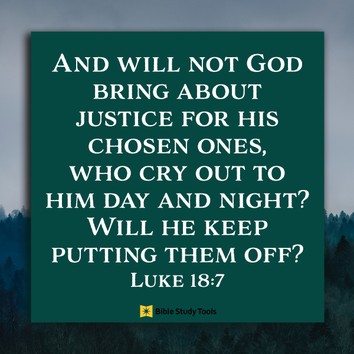Last of the Inklings' Thursday Meetings

"The best of them were as good as anything I shall live to see." John Wain was speaking of the Thursday Night meetings of the Inklings in Oxford.
C. S. Lewis was not only an intellectual giant, but a man with a gift for friendship. In the 1930s, a number of his friends began to meet informally in his rather shabby college rooms to read their writings and argue over every sort of literary and moral topic. The members shared a belief in the supernatural, which C. S. Lewis contrasted with naturalism in his book Miracles: "The Naturalist thinks that the privilege of 'being on its own' resides in the total mass of things...The Supernaturalist, on the other hand, believes that the one original or self-existent thing is on a different level from, and more important than, all other things."
One of the most famous members of the group was J. R. R. Tolkien, the author of The Hobbit and The Lord of the Rings. He liked the name Inklings, because it suggested half-formed ideas and dabbling with ink.
The group were by and large Christian. Tolkien was a traditional Roman Catholic and C. S. Lewis took the Christian story quite literally as anyone knows who has read his books in defense of the faith. Lewis' older brother, Warren (Warnie), had also embraced the Christian faith, writing in 1931, "On Saturday last, I started to say my prayers again after having discontinued doing so for more years that I care to remember: this was no sudden impulse but the result of a conviction of the truth of Christianity which has been growing on me for a considerable time."
But Owen Barfield accepted the non-biblical idea of reincarnation and Charles Williams held notions about the Holy Spirit which seem blasphemous to traditional theologians.
The group's leading members were all authors. Warnie published a history of the reign of King Louis XIV. Owen Barfield wrote a fascinating study called History in English Words (among many other books). Charles Williams wrote weird novels and poetry that almost no one can comprehend.
The men owed each other a great deal. Hugo Dyson and J. R. R. Tolkien were strong influences in Lewis' conversion to Christianity. On the other hand Tolkien said of C. S. Lewis, "The unpayable debt that I owe to him was not 'influence' as it is ordinarily understood, but sheer encouragement. He was for long my only audience. Only from him did I ever get the idea that my 'stuff' could be more than a private hobby." The "stuff" that Tolkien was referring to was The Lord of the Rings and its background material.
The men (occasionally a woman, like Dorothy Sayers, or C. S. Lewis's wife, Joy) met for about sixteen years. They critiqued each other's work and drew inspiration from one another. Arguments and ideas from Barfield, Williams and Tolkien often reappear in C. S. Lewis. But over the years, stress changed their relationship. Lewis' marriage to Joy Davidman was especially damaging to the Inklings, most of whom considered her to be brash and resented Lewis' insistence that she be included in the group.
The last Inkling's meeting appears to have been a ham supper on this day October 20, 1949. The next week no one turned up, and no one the week after. The Inklings had dissolved.
Lewis and Tolkien made a tremendous impact on Christian thinking in the twentieth century, and there can be little doubt that the stimulation of the Inkling's meetings helped form their thought.
Bibliography:
- Carpenter, Humphrey. The Inklings. Boston: Houghton Mifflin, 1979.
- Lewis, C. S. Miracles. Macmillan, 1947.
- Sayer, George. Jack: C. S. Lewis and His Times. San Francisco: Harper and Row, 1988.
- Various internet articles from sites such as Into the Wardrobe.
Last updated June, 2007.

Originally published November 01, 2012.





